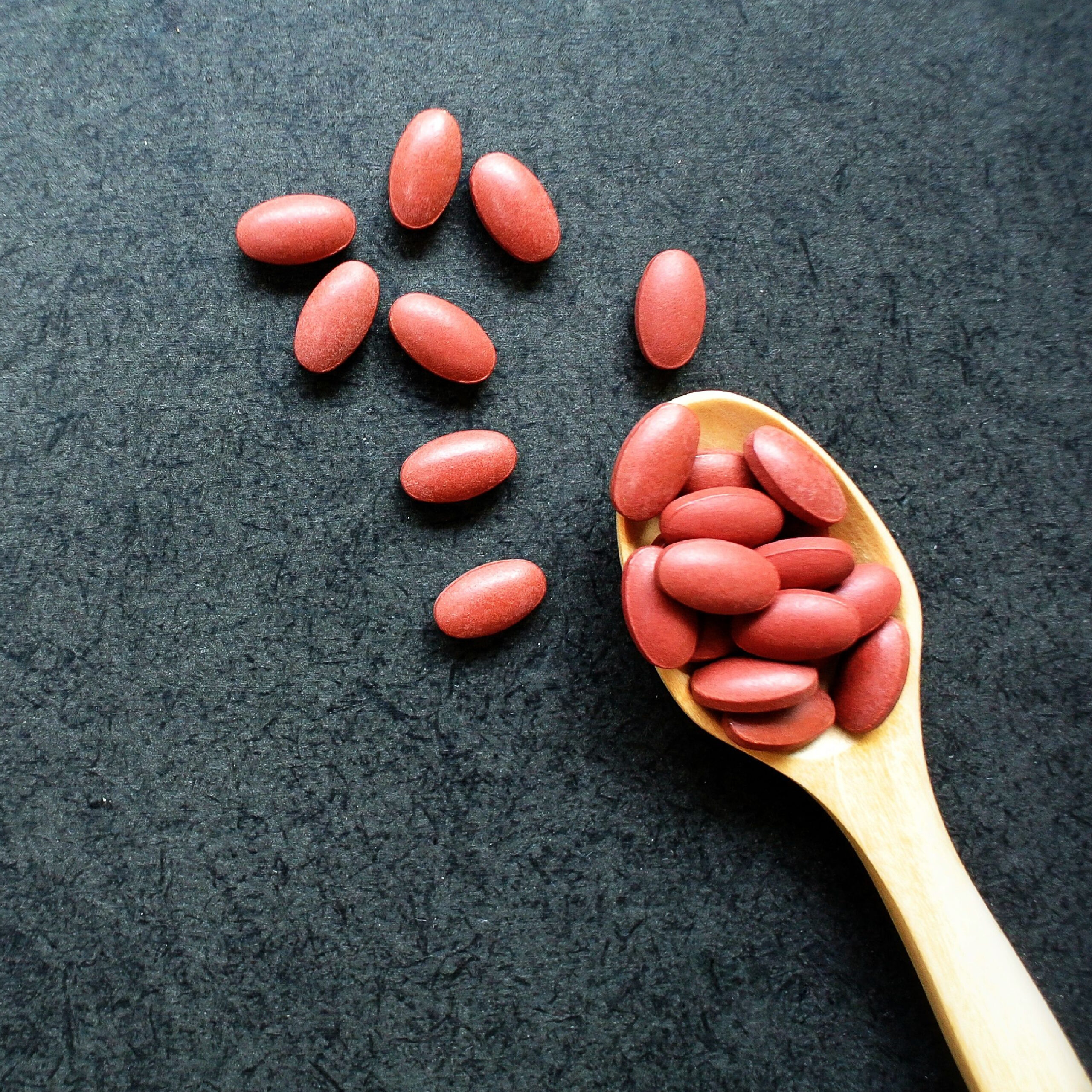In the quest for better health and wellness, many individuals turn to supplements as a means to bolster their nutritional intake or address specific health concerns. However, not all supplements are created equal. Some are simply ineffective, while others may inadvertently pose risks to your health. This may be the case with several supplements that experts warn could take a toll on your gut.
To shed some light on some options that could potentially be detrimental to your gut and digestive health, we spoke to Dr. Harsh Sheth, a Bariatric and GI Laparoscopic Surgeon. He told us that high doses of iron, herbal laxatives, and fiber supplements are all options you should exercise caution with. Learn more about the specific risks below.


1. High-Dose Iron Supplements
Iron is an essential mineral vital for various bodily functions, including the production of red blood cells and oxygen transport. However, excessive intake of iron supplements can have adverse effects on gut health. Dr. Sheth warns that high doses of iron supplements may promote the proliferation of pathogenic bacteria in the gut, potentially contributing to conditions such as inflammatory bowel disease (IBD) or constipation.
"Iron requirements should ideally be met through dietary sources like leafy greens, lentils, and red meat," advises Dr. Sheth. If supplementation is necessary, opting for lower doses and seeking guidance from a healthcare professional can help tailor intake to individual needs while minimizing the risk of gut-related complications.

2. Certain Herbal Laxatives
While herbal laxatives are often perceived as natural remedies for constipation, they may not always be gentle on the gut. Dr. Sheth cautions against the regular use of herbal laxatives containing ingredients like senna or cascara, which can irritate the gut lining and potentially lead to dependency on laxatives for bowel movements over time.
"Regular use can result in an imbalance in electrolytes and dehydration, further exacerbating gut health issues," warns Dr. Sheth. Instead, he recommends alternatives such as increasing dietary fiber intake, maintaining hydration, and incorporating gentle physical activity into one's routine. Additionally, probiotic supplements may help support gut health and promote regular bowel movements without the potential side effects associated with herbal laxatives.

3. Excessive Fiber Supplements
Fiber is renowned for its role in promoting digestive health and regular bowel movements. However, consuming excessive fiber supplements may not necessarily equate to improved gut health. Dr. Sheth highlights that an abrupt increase in fiber intake through supplements can lead to bloating, gas, and discomfort, as well as interfere with the absorption of certain nutrients.
To ensure a balanced intake of fiber and minimize the risk of gut-related issues, it's advisable to gradually increase fiber intake through whole foods such as fruits, vegetables, and whole grains, advises Dr. Sheth. "This method ensures a balanced intake of fiber alongside other nutrients essential for gut health." Got it!

The bottom line
In conclusion, while supplements can play a supportive role in enhancing health and wellness, it's crucial to exercise caution and be mindful of their potential impact on gut health. By opting for alternatives that promote gut health without adverse effects, individuals can make informed choices that contribute to their overall well-being. As always, consulting with a healthcare professional before initiating any new supplement regimen is recommended to ensure safety and efficacy.


























